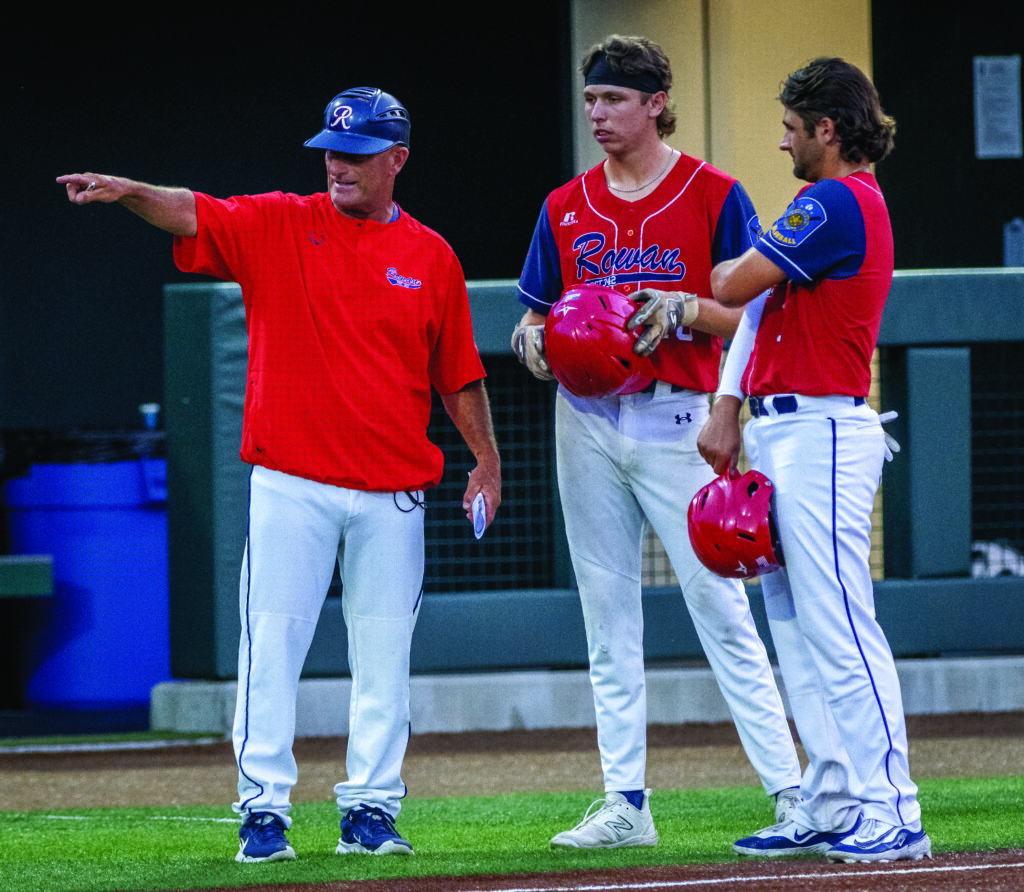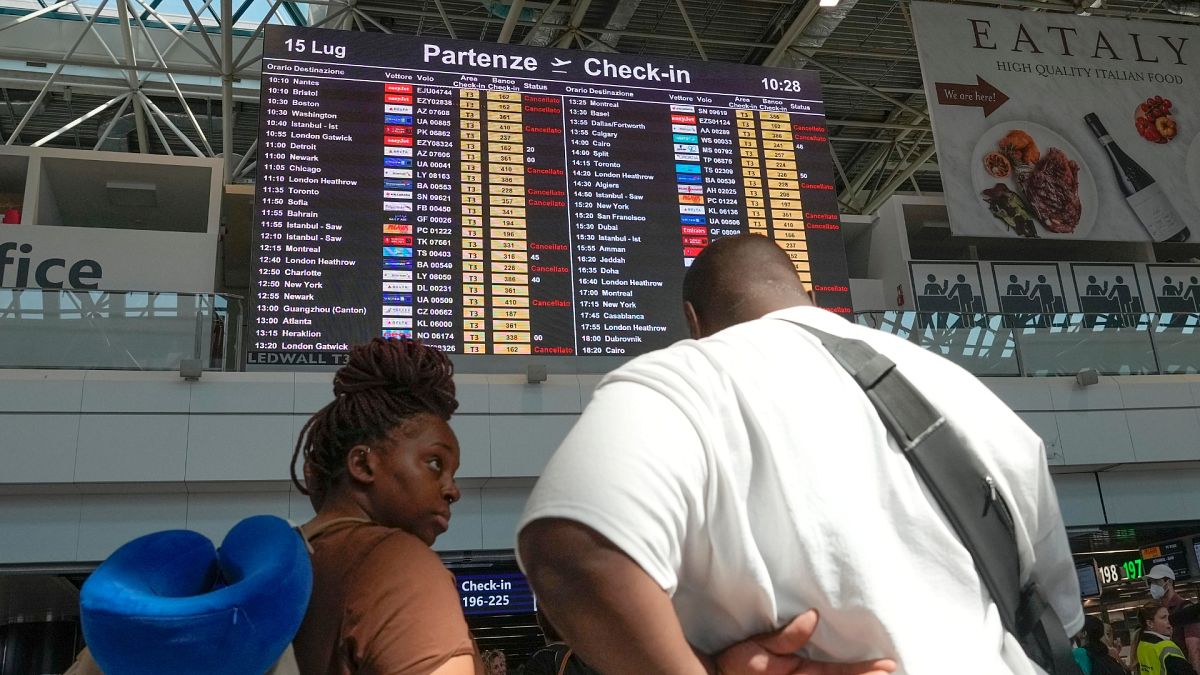QRCS doctors perform 18,927 medical procedures in Gaza since the outbreak of war (EN/AR) – Occupied Palestinian Territory

June 26, 2024 – Doha, Qatar: Dr. Raed Al-Arini, a thoracic surgeon at the Qatar Red Crescent Society (QRCS) in Gaza, saved the life of Moaz (13), a Palestinian child who was hit by shrapnel during a bombing raid on his district in Central Gaza Province.
After arriving at the emergency room of Al-Aqsa Martyrs Hospital, the seriously injured boy was immediately taken to the operating room where a life-saving operation was performed.
“When we got to the hospital, Moaz was really shocked and scared,” said Dr. Al-Arini. “Clinical examinations clearly showed a direct shrapnel wound to the chest. Along with my medical assistants, I performed emergency surgery to stop the bleeding and repair the damage. He is currently in the Thoracic Surgery Intensive Care Unit and his family was told that he would recover soon, but he had to stay in the hospital for a few more days to receive the necessary post-operative care.”
The QRCS Thoracic Surgery Consultant warned of a complete collapse of the health system, with many health services coming to a standstill as a result of the bombing of hospitals and health workers. At the same time, there are a large number of critical injuries that require urgent treatment, while doctors do not have enough medical supplies and equipment to save the patients.
Since the outbreak of war in October 2023, Dr. Al-Arini has performed more than 2,000 operations in several hospitals in central and southern Gaza, despite constant warnings of hospital bombings.
Dr. Akram Nassar, head of the QRCS representative office in Gaza, said they would work closely with the Palestinian Ministry of Health (MOH) in Gaza to ensure continued healthcare in the few remaining hospitals, despite resource constraints due to the war and the closure of border crossings.
According to him, QRCS’s operations are currently focused on maintaining health care. QRCS doctors perform operations in Gaza’s hospitals, mainly thoracic surgery, emergency medicine, psychological support, and medical care for endocrine diseases and diabetes.
“Since the first week of the war, QRCS has performed 18,927 medical procedures, including over 3,000 life-saving surgeries on patients, as part of the ‘Surgical Operations for Patients in Gaza 2023-2024’ project,” he concluded. “Even as more health facilities are bombed across the blockade, humanitarian efforts will continue to prevent the collapse of the health sector in Gaza.”
About Qatar Red Crescent Society (QRCS)
Founded in 1978, the Qatar Red Crescent Society (QRCS) is Qatar’s first humanitarian volunteer organization whose aim is to support and empower vulnerable individuals and communities without bias or discrimination.
QRCS is a member of the International Red Cross and Red Crescent Movement, which consists of the International Federation of Red Cross and Red Crescent Societies (IFRC), the International Committee of the Red Cross (ICRC) and 192 national societies. It is also a member of several Gulf Cooperation Council organizations, as well as Arab and Islamic organizations, such as the Islamic Committee of the International Crescent (ICIC) and the Arab Red Crescent and Red Cross Organization (ARCO). In this legally recognized capacity, QRCS has access to disaster and conflict areas, thus supporting the State of Qatar in its humanitarian and social efforts – a role that distinguishes it from other local charities and NGOs.
Both locally and internationally, QRCS conducts relief and development operations in numerous countries in the Middle East, Asia, Africa, Europe, Central and South America. Its humanitarian missions include disaster preparedness, response, reconstruction and risk reduction. To mitigate the impact of disasters and improve the living conditions of the affected populations, QRCS provides medical services, food, water, shelter and other necessities to local communities. It is also active in humanitarian diplomacy and advocacy.
With the help of a large network of trained, dedicated staff and volunteers, QRCS strives to improve the lives of vulnerable people by mobilizing the power of humanity, inspired by the seven core principles of humanitarian action: humanity, impartiality, neutrality, independence, voluntary service, unity and universality.



